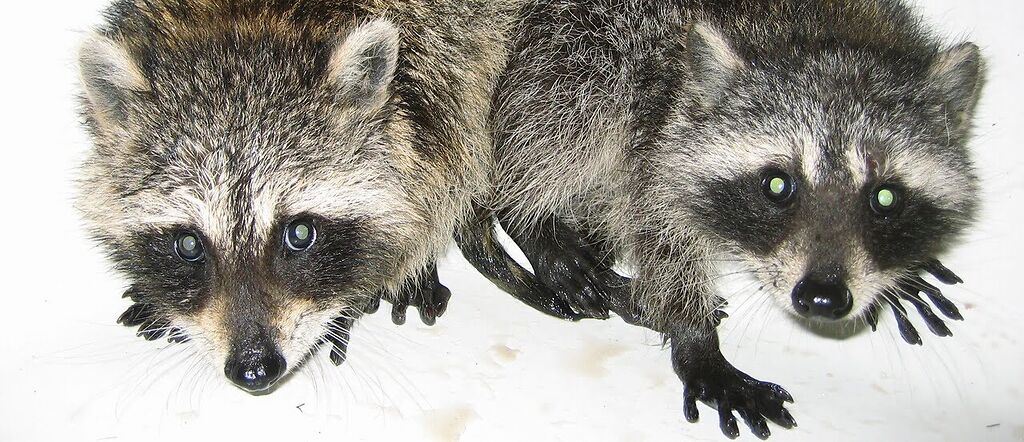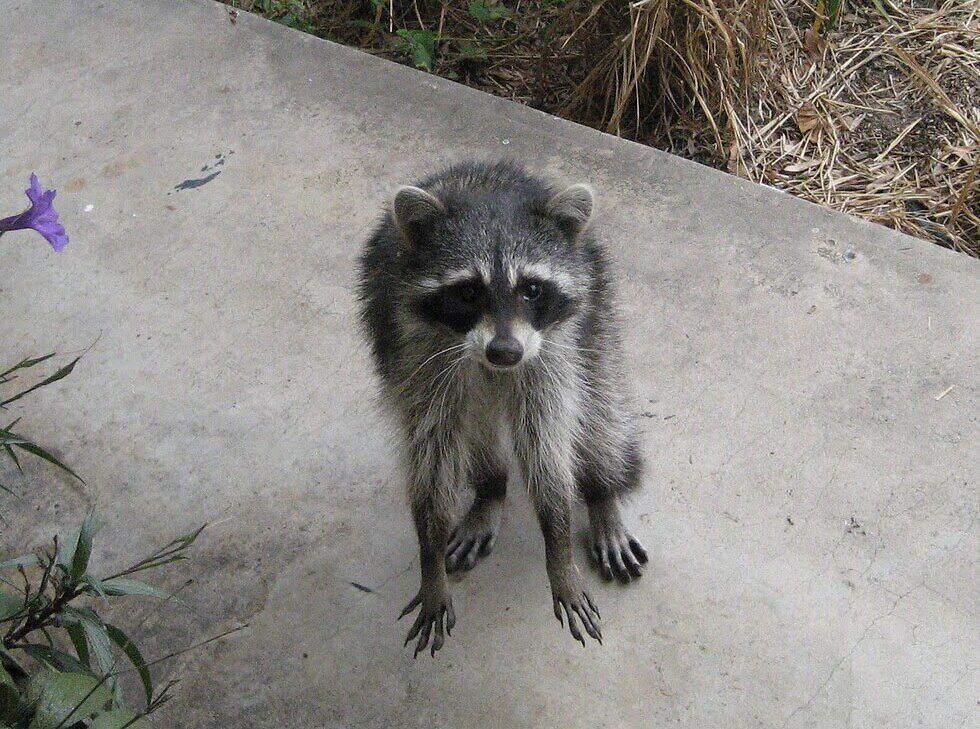Do Raccoons Make Good Pets?
Do you think a good pet is one that has razor sharp teeth and claws that can tear through flesh with the slightest of efforts? Do you think a good pet is one that comes with a constant risk of transmitting the rabies virus? Or one that contains diseases such as leptospirosis in its poop? Is a good pet one that will happily rip through wooden beams in the attic? Or digs up huge holes to make a den under your porch?
Generally, a good pet is none of these things, and that, by itself, should answer the question - do raccoons make good pets.
As cute as they are, they are a lot of hassle, and there’s the risk of disease, among a whole number of other factors, to take into account.
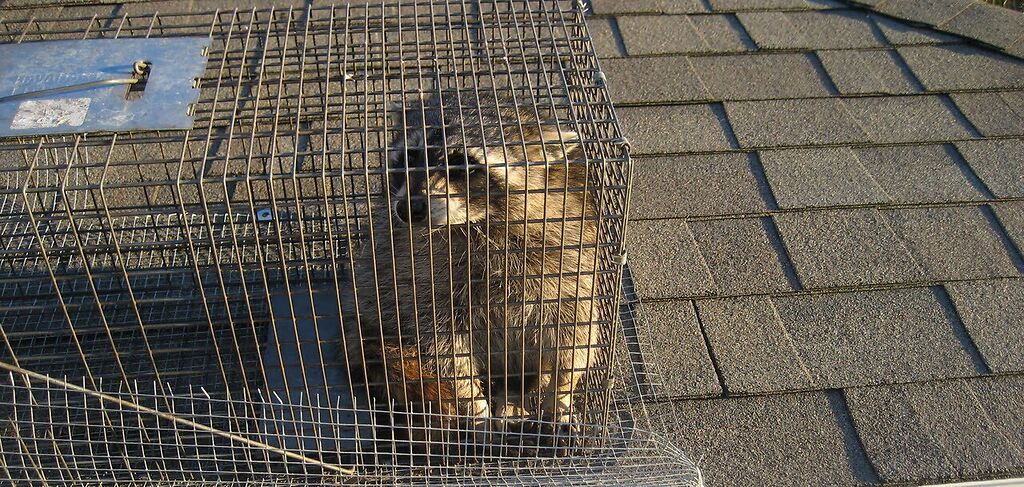
Regardless of how many generations of raccoons have been bred in captivity, they will always, first and foremost, be a wild animal. It would be like trying to breed tigers or lions in captivity in the hope to finally have one as your household pet one day. It just doesn’t make sense.
Although there have been stories of humans successfully keeping these critters as pets, more often than not, the situation fails, the animal gets dumped in the wild one night, and it dies, not really being all that accustomed to wild life, become victim to predators on its first couple of nights in the big, bad world.
There are no rules to owning a raccoon - they will do your own thing and if you get in their way, you’ll face the consequences of it. If you keep the animal permanently in a cage, it will not be a pet. It will be a caged animal. In order to have a tame raccoon, it would need to be constantly free, comfortable, and at-home within your house. This is something that is, of course, not advised, and therefore rarely happens. When the animal is caged, it still has all of its wild instincts and mannerisms, they are caged up, increasing the risk that the raccoon will last out and strike when it can - when you let it out for a walk, etc.
Furthermore, you cannot have a raccoon running around your home. It will cause destruction everywhere it goes, ripping through screens to get out of windows, trashing lawns with garbage strewn from the trash can, falling down into he crevices behind walls whilst climbing around in the attic…. That’s before you even think about the raccoon latrines, and the bacteria and diseases that can be spread from the raccoons waste material.
Adult raccoons will cause a lot of damage in a short space of time. This means that you can’t ever have a tame raccoon - you just have a caged raccoon, all wild instincts still intact. That’s just dangerous for you, your family, and everyone involved!
Most people spend days, weeks, and months of their lives trying to evict these animals from within their homes, which gives you an indication of just how irrational it is to expect to keep a wild raccoon as a pet, in fact, any wild animal as a pet.
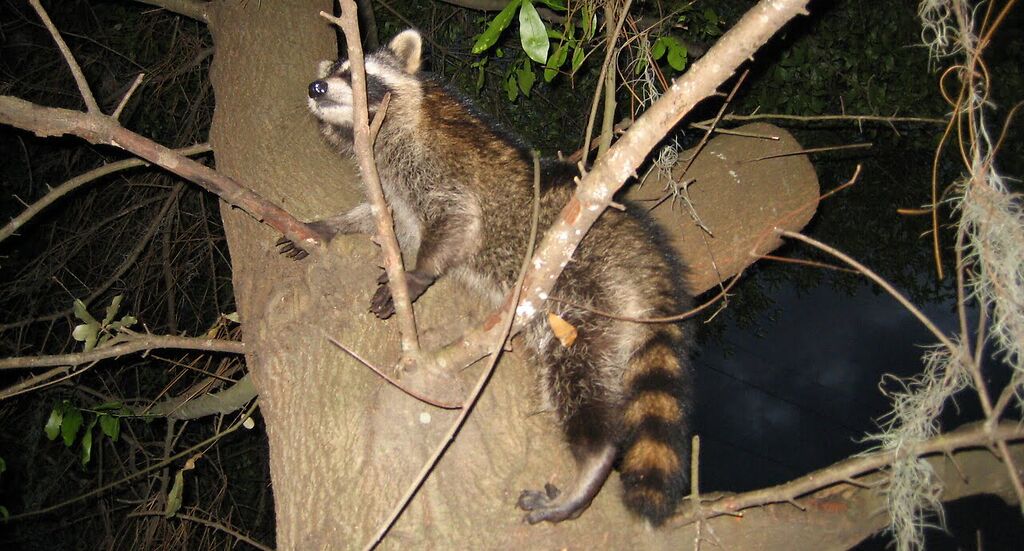
Going back to the rabies virus too - there is no approved vaccination for raccoons to protect them against rabies, so you will always need to be cautious of that. If you ever get bitten or scratched by this animal, you will need to rush yourself to the doctors for blood tests. Not just that, the animal will be taken away from you and killed in most cases.
Not just all of the health and safety concerns involved with keeping an animal like this as a pet, there are legalities to think about, and in many states, it is illegal to keep a raccoon as a pet. They also live for up to fifteen or sixteen years in best-case scenarios, so it’s hardly a decision you should rush into.
In short, the answer to the question ‘Do raccoons make good pets?’ is a resounding no. Absolutely not. There are far too many risks involved to consider having an animal like this in your house for very long. Cute, perhaps. Great pet, definitely not.
What do wildlife rehabilitators do with raccoons?
Each company / expert that offers wildlife rehabilitation services will do different things with the animals they capture once they have successfully captured it. What we always recommend however, is to go with an expert that follows the law, whilst still trying to be as humane as possible at the same time.
The fate of the animal will often very much depend on the state in which the animal is caught in. There are a lot of laws surrounding the capture and release of these animals, as well as the culling and transportation of them. Rabies is always a big concern, especially when you consider how dangerous a disease it can be if it is not treated quickly enough, and sadly, raccoons are classed as a rabies vector, which means they must be dealt with in the way the law states.
For the majority of states, the animal must be either released within the same site it was caught in (worst outcome - it will go right back to the home you just evicted it from), or it must be euthanized on-site. If this is the case in the state where you live, you should always go with a wild animal removal expert that takes the action in the most humane way possible. Drowning or poisons, for example, are the least humane ways of dealing with the situation, and grip traps aren’t much more preferable either.
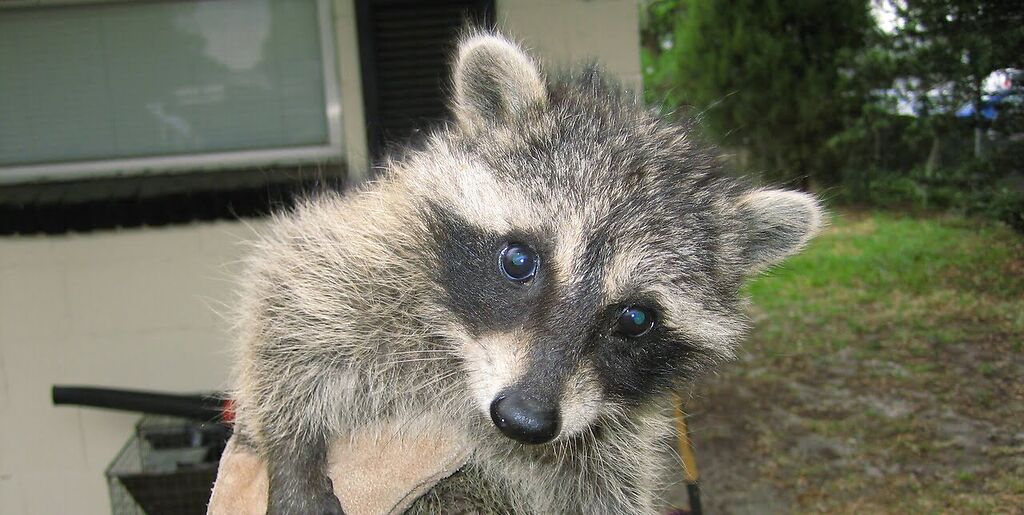
A great wildlife rehabilitator will always take the most humane action as long as it is lawful to do so. If the creature can be released somewhere safe, it will, and if it won’t, at least you can find peace knowing that it won’t have suffered a long and painful death.
If the raccoon you have found is either injured or sick, there is a good chance that the only humane way to deal with the situation is to euthanize it, knowing that it won’t survive at all in the wild by itself.
To ensure you are using a company that provides wildlife rehabilitation services humanely, always ask what kind of action they plan to take with the raccoon after they have caught it. They will be able to put your mind at ease but sadly, even we aren’t above the law. As much as we want to save every animal we come across (well, almost), the law very much dictates otherwise in many states.
